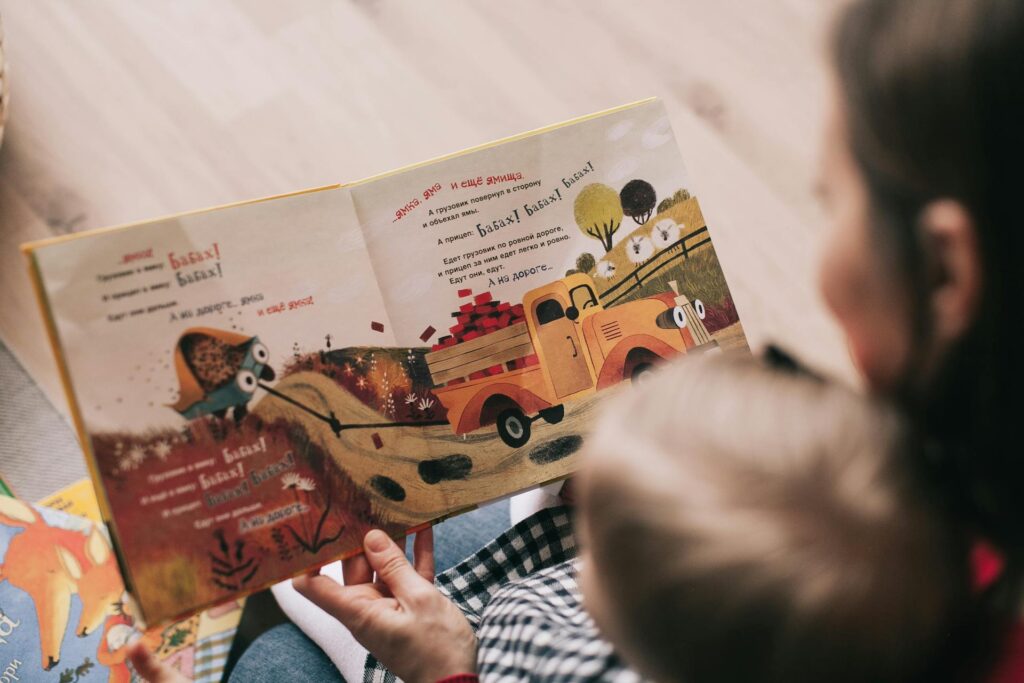Posts Tagged ‘multilingual’
Valuing home languages at school
A language learned in childhood at home is called home language, also referred to as mother tongue, first language or native language. Home language plays a significant role in learning and acquiring a second language. English should not replace the home language; it should develop alongside it. There are many reasons to maintain the home…
Read MoreThe Benefits of Maintaining Your Home Language
In a world that’s becoming increasingly interconnected, it’s easy to feel that the language we speak at home may not be as “useful” or important as the dominant language in our community or workplace. But the benefits of maintaining proficiency in your home language reach far beyond mere communication. They touch upon identity, culture, cognitive growth,…
Read MoreThe benefits of being bilingual
Bilingualism is defined as fluency in or use of two languages. Being bilingual, or even multilingual, has many health, social, and cultural benefits. Cognitive Benefits Bilingual learners often present better cognitive abilities, such as problem-solving skills, attention control, multitasking, switching between tasks and thus contributing to improved academic performance. Language and Communication Skills Language…
Read More


